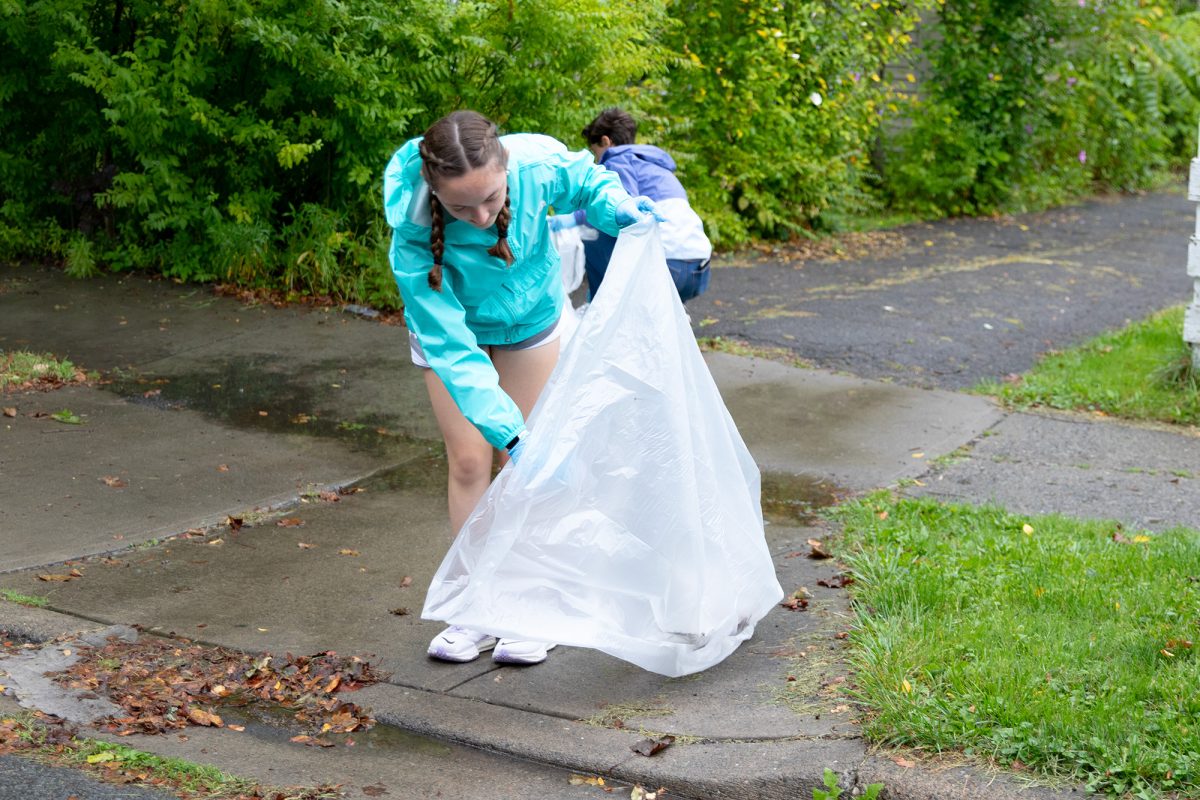LeBron Rankins, a psychologist at the Center for Counseling and Psychological Services, has spearheaded an initiative to educate the Ithaca College community about distress and suicide. Last year Rankins founded the Pathways program to foster mental health crisis prevention and intervention. The training is a one-time session during which participants learn how to identify a person in distress and direct him or her to seek proper assistance.

Staff Writer Brian Rank spoke to Rankins about Pathways and its benefits for the campus.
Brian Rank: What does the Pathways program do for the community?
LeBron Rankins: Pathways is IC’s brand of what we call gatekeeper training. Those who interact with people who are most likely to know who is in distress are the ones who are the gatekeepers, and the gatekeepers help connect people to the folks who can help them. It’s our belief that if those who are most directly connected with others who might be in distress know what to do … then we can eliminate the likelihood that a crisis is going to occur.
BR: What do participants learn in the training?
LR: One of the things we teach is helping participants in the training recognize ways in which their own fear might get in the way of reaching out to somebody. Nobody wants to mess up. Nobody wants to do it wrong. No one wants to make the situation worse, and those are some very real fears that people talk about. … We talk about signs and symptoms of someone who might be in distress; we talk about how to approach people in such a way that it builds one’s sense of confidence in doing so. Also, it results in the likelihood that the person in distress is more likely to get connected with the help and resources [they need].
BR: What resources for help are the participants expected to find?
LR: Obviously one of the most natural resources is the Counseling Center, but it may be an issue that might be better served in the Health Center, or it might be something that might be better served by a chaplain or Career Services. So just helping students become aware of the different resources available to them can minimize the stress individuals have [when] noticing someone who might be in distress but [who] might be kind of anxious about stepping forward.
BR: What are your expectations for Pathways?
LR: One of the challenges we’ve faced is making the training available for people thinking, “Oh, I’ll do that later” — until a crisis happens. Last year at Cornell, there were three suicides within a month’s period. When the training happened following that, people asked, “Is this a response to the suicides?” No, this training has been ongoing. It’s off people’s radar until a crisis happens. The goal of it is increasing much more awareness about that and the importance of being prepared to help someone before a crisis happens.
For more information about the program and to sign up for a session, visit the Pathways website at www.ithaca.edu/sacl/counseling/pathways.







